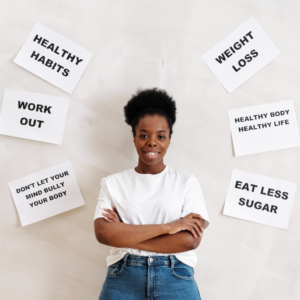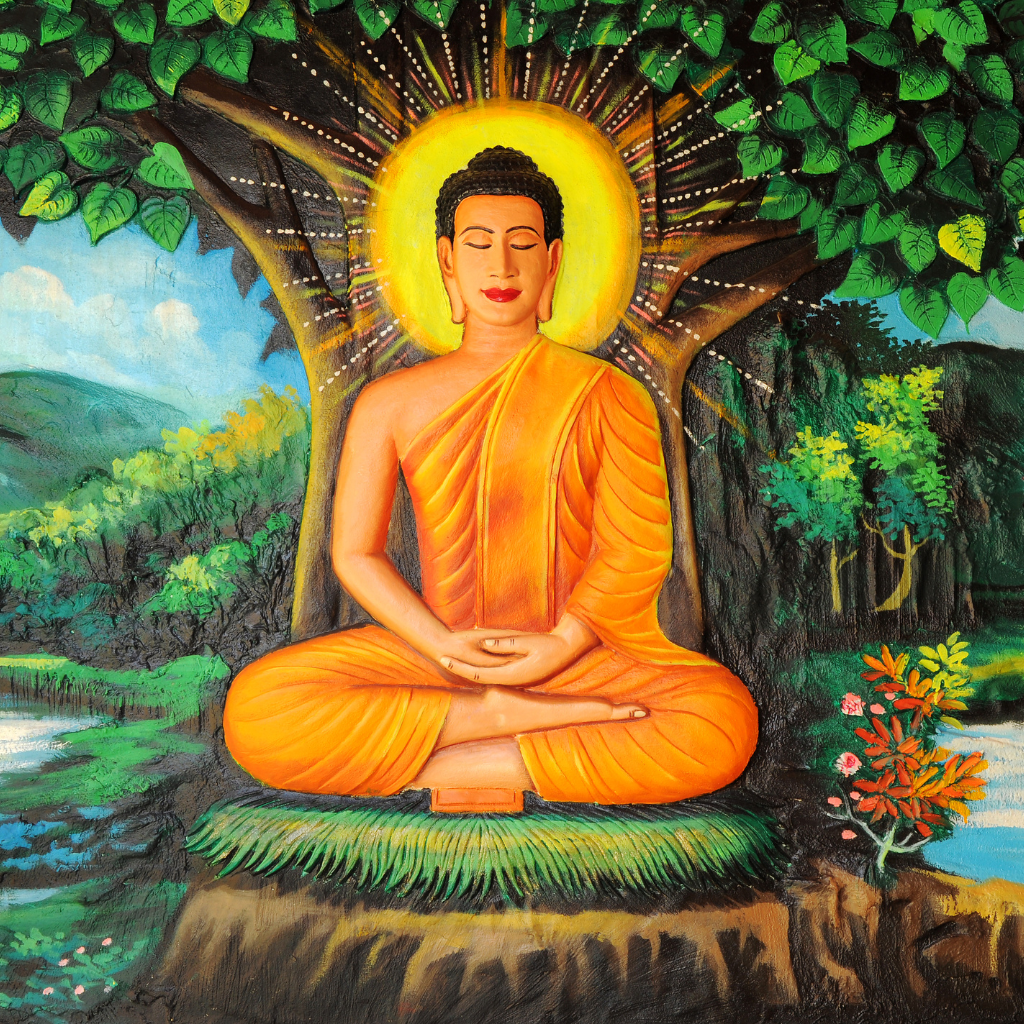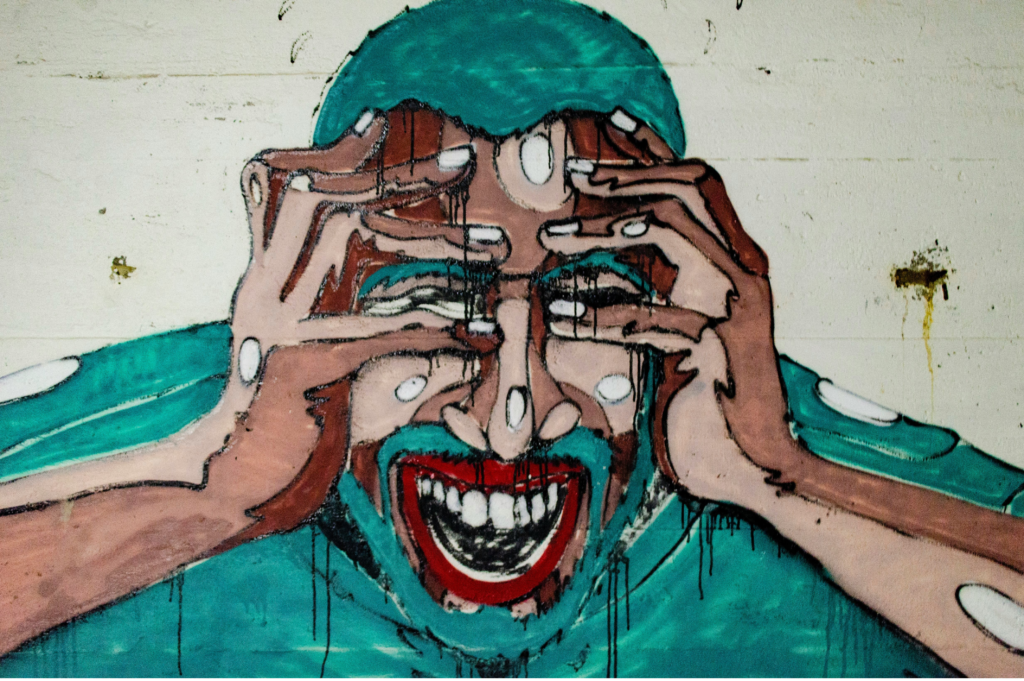No pain, no gain? We’ve all heard it! And most of us live it. It’s a modern-day belief and behaviour model for most of us. Let’s see how this bears out in a full spectrum life.
Consider your health. If you’ve ever wanted to get fitter, build stamina, lose weight – no matter how much you want it and are enthused about the prospect of it, at a subconscious level at least, it’s likely you are expecting the change process to hurt! Whether that hurt is physical, e.g., in terms of aching muscles, or emotional, e.g., in terms of the amount of effort we think it’s going to take or the amount of deprivation e.g., from food or treats we love, we expect the new results to be painfully wrought.
In the context of our relationships the no pain, no gain principle might show up like this: you’re seeing someone and there’s a part of you feels you’re not quite right for each other but the other part of you is saying ‘well, you have to put in the effort’. Or friends and family are telling you that “you’re too fussy, you need to compromise”.
In our careers the no pain, no gain paradigm is perhaps an easy one to spot. The thinking goes something like this: If I want the promotion, then I have to work longer hours or I have to go back to work early after maternity leave or return to work before I feel well enough after a bout of sickness. Or you think you have to stay in a job that sucks you dry so you can have the security, the pension and benefits, i.e., ‘I have to suck up the lack of enjoyment, feeling unfulfilled etc in order to have security in the longer term’.
And in our time and money freedom (i.e., having the resources to do what you want to do and go where you want to go, when you want to) the no pain, no gain paradigm shows up in the TGIF moments: Thank God It’s Friday! ‘I have to work hard all week to earn/deserve my down time at the weekend.’ ‘I have to wait til I’m on the brink of exhaustion to deserve a holiday.’
I’m not saying you necessarily think all of these things consciously, but if you look at your behaviour, you’ll probably see a lot of this playing out.
Why do we persist in the no pain, no gain belief and behaviour when in fact we actually know better?
For example, in the realm of our health and wellbeing, we now know that “pain is the body’s way of calling time out”, as Shola Arewa puts it. I’m not talking about not taking a bit of strain as you do the reps and build up a muscle, let’s take that as more akin to discomfort. But even the discomfort, I believe, is telling you to pay attention and pace yourself. When it becomes pain, it’s calling for time out. Again, this doesn’t mean stop indefinitely, but it does mean pause. Interrupt what you’re doing, breathe and wait until you are pain free before you restart.
I’ve been having joint pain when I walk for years and have been engaging recently with a coach about how to improve things. He tells me that I have to relearn how to walk without pain. When I’m walking and pain kicks in, I’m to stop, breathe, wait for pain to dissipate and start again. I can’t tell you now challenging it is! But I’m doing it and for the first time in years, things are improving.
When we think about creating new habits, again, we anticipate pain or as James Clear puts it,

“Too often, we convince ourselves that massive success requires massive action. Whether it is losing weight, building a business, writing a book, winning a championship or achieving any other goal, we put pressure on ourselves to make some earth-shattering improvement that everyone will talk about.
Meanwhile, improving by 1 percent isn’t particularly notable – sometimes it isn’t even noticeable – but it can be far more meaningful, especially in the long run. The difference a tiny improvement can make over time is astounding.”
It doesn’t have to be hard. It doesn’t have to be painful.
That’s not to say there’s no effort of will required and it’s not to say we don’t need to be determined. But there is a better way! And you don’t have to suffer.
It is the same when challenging things happen to us in our lives. The human experience is one of contrast. We experience things through awareness of the opposite – hot and cold, happy and sad, life and death.
We’re going to experience some challenging things as we navigate a human lifetime, that’s just the way it is. But as the Buddhists put it so beautifully and succinctly, there will be pain, but we don’t have to suffer.
And another teaching of the Buddha encourages us to do something about the pain in our lives whenever we can:

So where have you been experiencing pain in your life of late? What are you telling yourself about that experience – that you have to suck it up? that you have to suffer to earn or deserve a better outcome? That pain is inevitable and you should learn to tolerate it?
I believe that when we are experiencing pain and discontent in our lives it is Spirit (God/Life/Love/ The Universe) saying to us: ‘this is not for you, there is a better way’. I do not believe we are born into this lifetime to learn how to tolerate pain. Challenges come our way for us to grow, and even through the growth we can adopt an easeful attitude to it. It might sound something like this: ‘I don’t relish this experience and would prefer not to have to learn this lesson in this way, but I want all it has come to teach me.’
To support you in moments of pain, I want to leave you with a couple of questions that can help us navigate through it. The first is always What would I love? If I really believed there was a solution here, that I can have results I’d want, what would I love? Another way of thinking about this is ‘What would I do if I were guaranteed success?’
The second question turns ‘no pain, no gain’ on its head. It goes like this: ‘What if it were easy?’

The quality of our lives is determined by the quality of the questions we ask. As you get curious about these questions, pay attention to the ideas that emerge for a new and different way forward. I invite you to do an experiment and explore how a different way of thinking can support you in creating new results with much more ease and grace.
Believing in you!
Cover Photo by Aarón Blanco Tejedor on Unsplash

